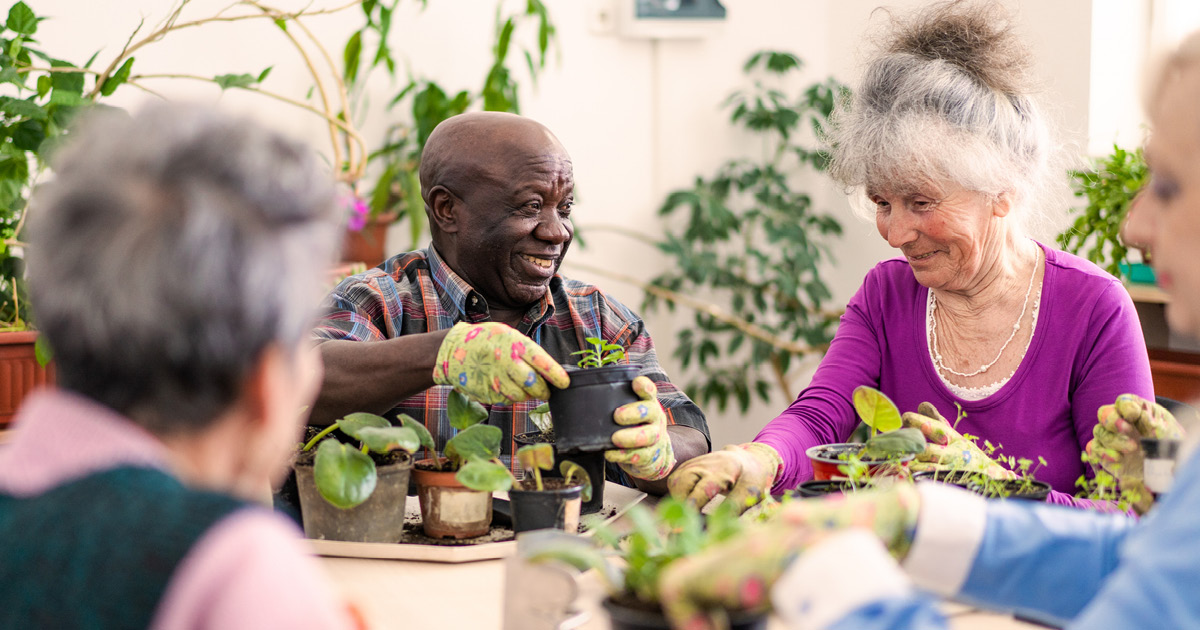Discover simple yet effective techniques to quickly relieve stress and promote relaxation during Stress Awareness Month this April.
Mindful Breathing Exercises
Mindful breathing exercises are a great way to quickly relieve stress and bring your focus back to the present moment. By taking deep, slow breaths and consciously paying attention to your breath, you can calm your mind and relax your body. Start by finding a comfortable position, either sitting or lying down. Close your eyes and take a deep breath in through your nose, allowing your belly to rise. Then slowly exhale through your mouth, letting go of any tension or stress. Repeat this process for a few minutes, focusing solely on your breath and letting go of distracting thoughts.
Another effective mindful breathing exercise is box breathing. This technique involves inhaling for a count of four, holding your breath for a count of four, exhaling for a count of four, and then holding your breath again for a count of four. This rhythmic pattern helps to regulate your breathing and activate the body's relaxation response.
Progressive Muscle Relaxation
Progressive muscle relaxation is a technique that involves tensing and then relaxing different muscle groups in your body. This practice helps to release physical tension and promote a deep sense of relaxation. Start by finding a quiet and comfortable space. Begin with your feet and gradually work your way up to your head, tensing and then releasing each muscle group. For example, you can start by curling your toes tightly for a few seconds and then releasing them. Move on to your calves, thighs, abdomen, chest, arms, and so on. As you tense each muscle group, focus on the sensation of tension and then consciously release it, allowing your muscles to relax completely. Progressive muscle relaxation can be a great way to unwind and let go of stress at the end of a long day.
Nature Walks and Outdoor Activities
Spending time moving naturally in nature is a wonderful way to reduce stress and improve your overall well-being. Take advantage of Stress Awareness Month by incorporating nature walks and outdoor activities into your routine. Whether it's a stroll in the park, a hike in the mountains, or a bike ride along a scenic trail, being in nature has been shown to have a calming effect on the mind and body. The fresh air, sunshine, and natural surroundings can help to clear your mind, reduce anxiety, and promote relaxation. Make it a habit to spend time outdoors regularly, even if it's just for a few minutes each day. You'll be amazed at how much it can positively impact your stress levels and overall mood.
Journaling for Well-Being
Journaling is a powerful tool for self-reflection and stress management. Consider starting a journaling practice to help you process your thoughts and emotions and gain a better understanding of yourself. Set aside some time each day to write freely about your experiences, feelings, and any sources of stress in your life. You can also use journal prompts to guide your writing and explore specific topics, such as gratitude. The act of writing can help you gain clarity, identify patterns, and find solutions to problems. Remember, there are no rules when it comes to journaling. Write whatever comes to mind without judgment or censorship. It's your personal space to express yourself and find inner peace.
Guided Meditation Sessions
Meditation is a powerful practice for reducing stress and promoting relaxation. During Stress Awareness Month, consider incorporating guided meditation sessions into your routine. Guided meditations are audio recordings that provide instructions and guidance on how to meditate. They can help you focus your mind, relax your body, and cultivate a sense of inner calm. Find a quiet and comfortable space where you won't be disturbed. Close your eyes and follow along with the guided meditation, allowing yourself to fully immerse in the experience. There are many apps and websites that offer guided meditations for free, including the Sharecare app and platform, making it easy to find one that suits your preferences. Even just a few minutes of daily meditation can make a big difference in your stress levels and overall well-being.






